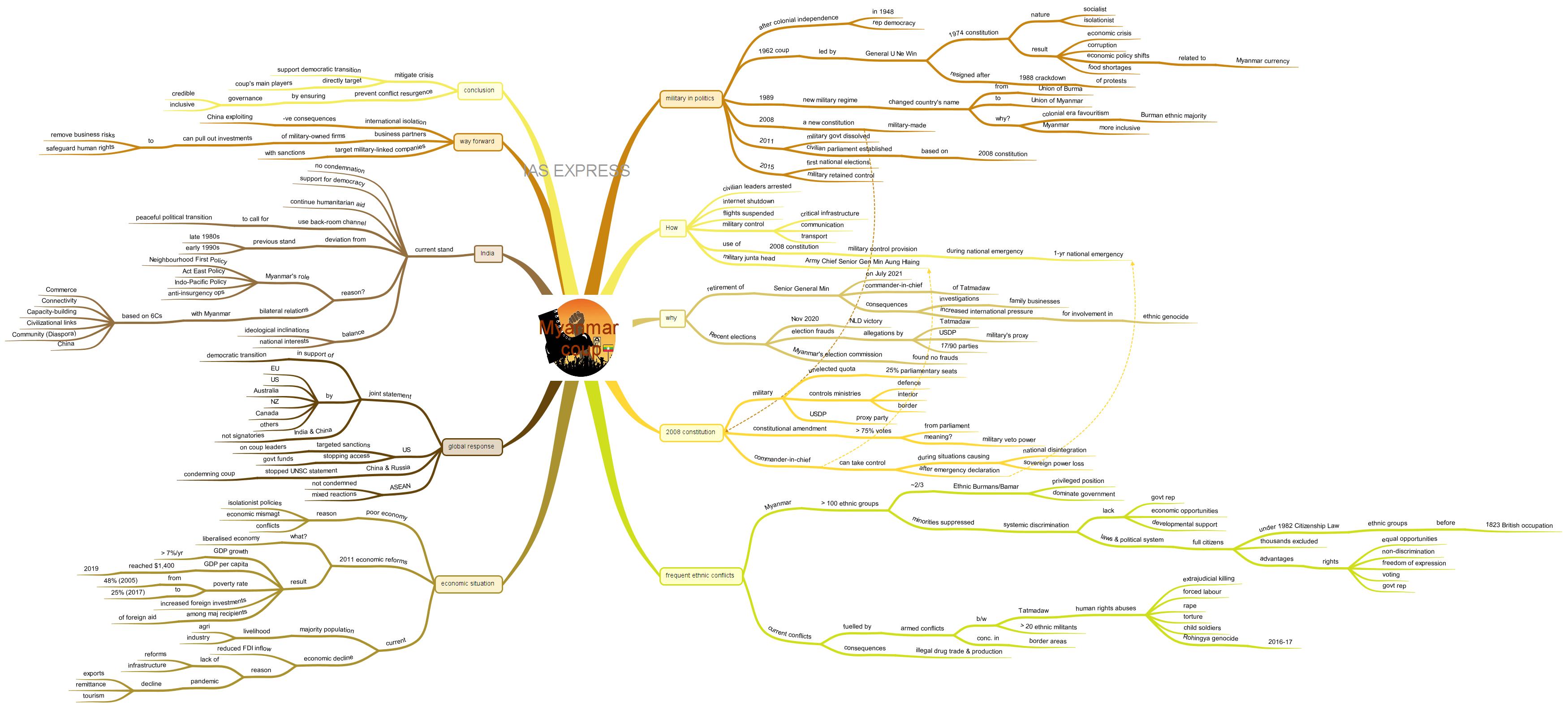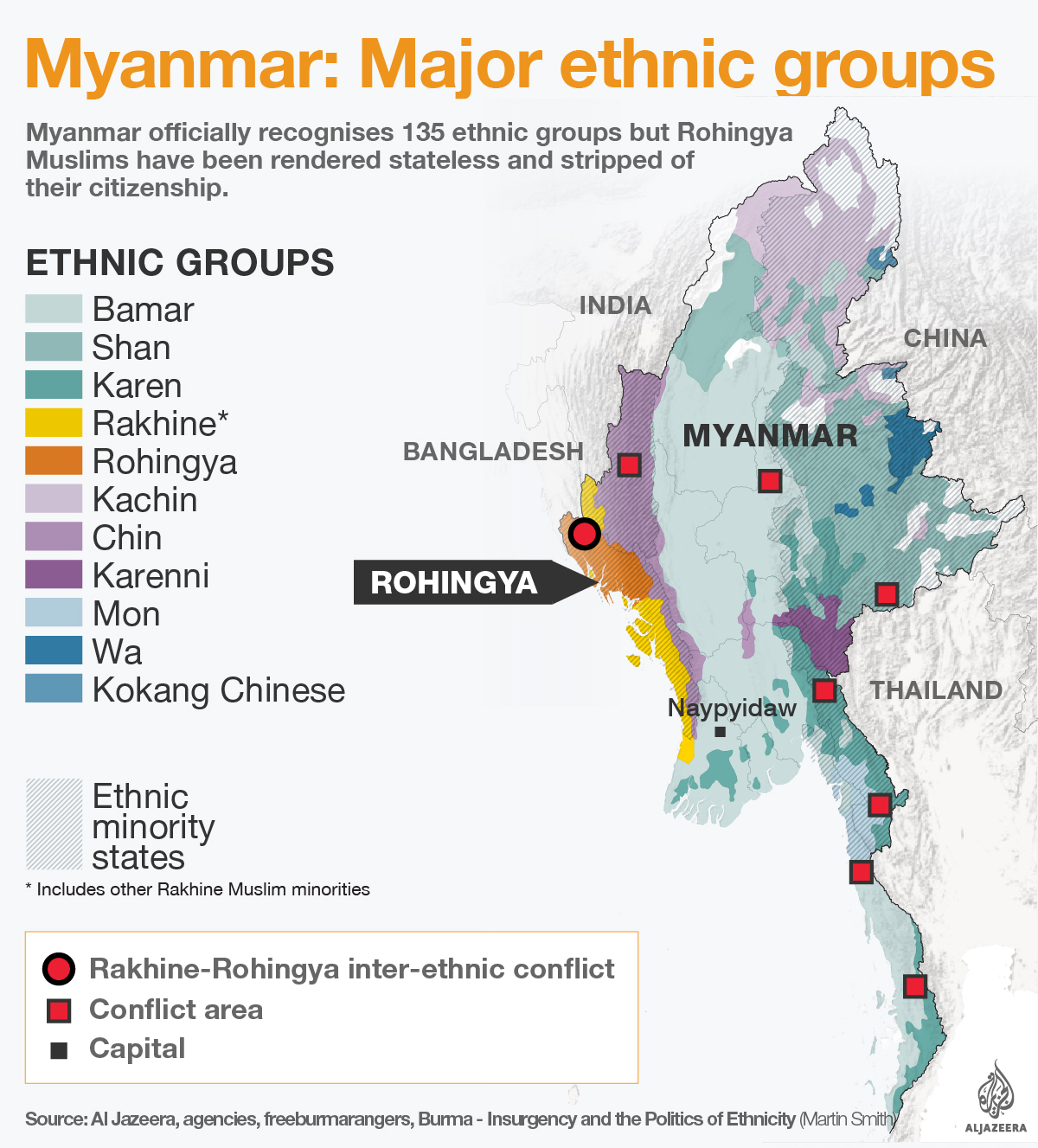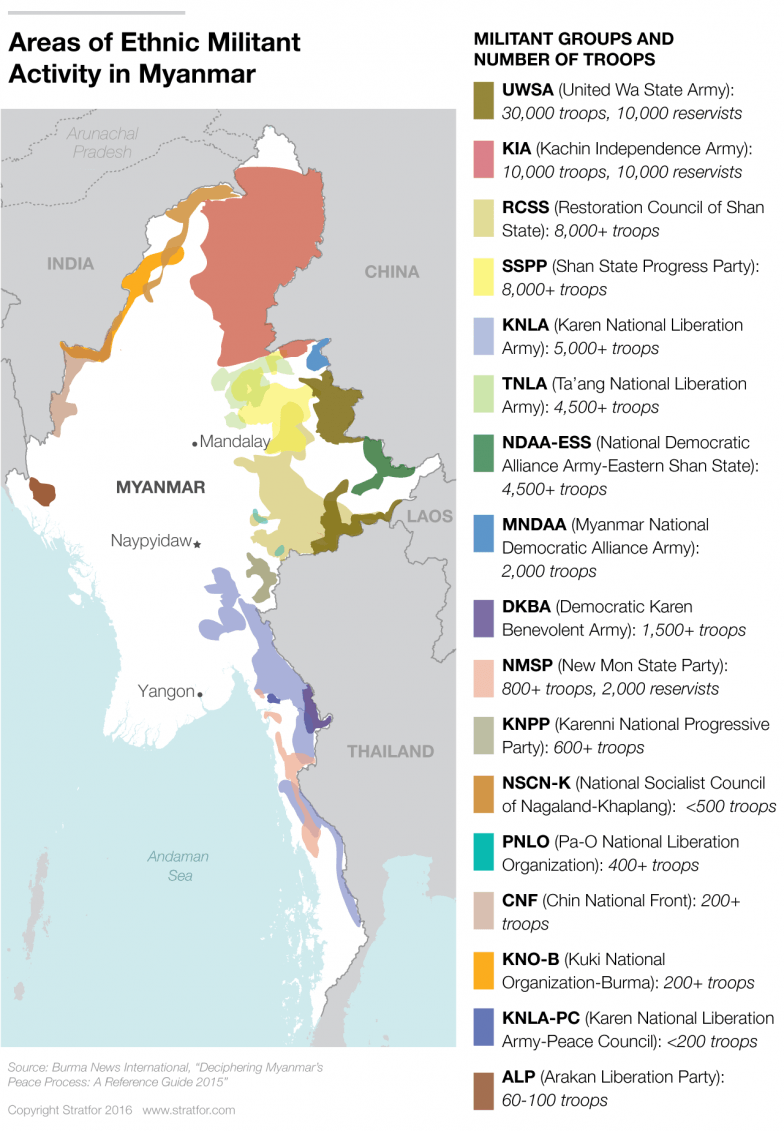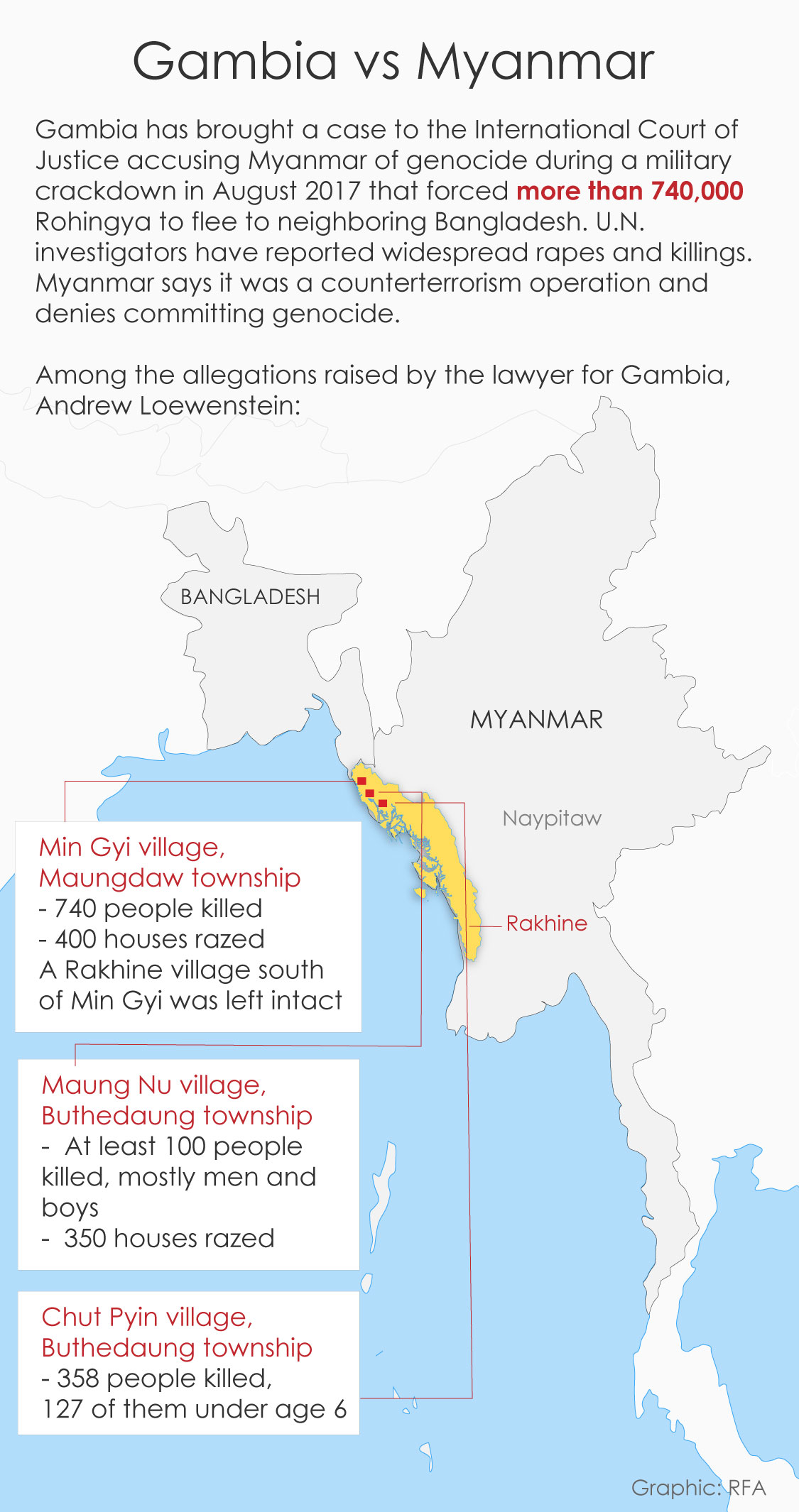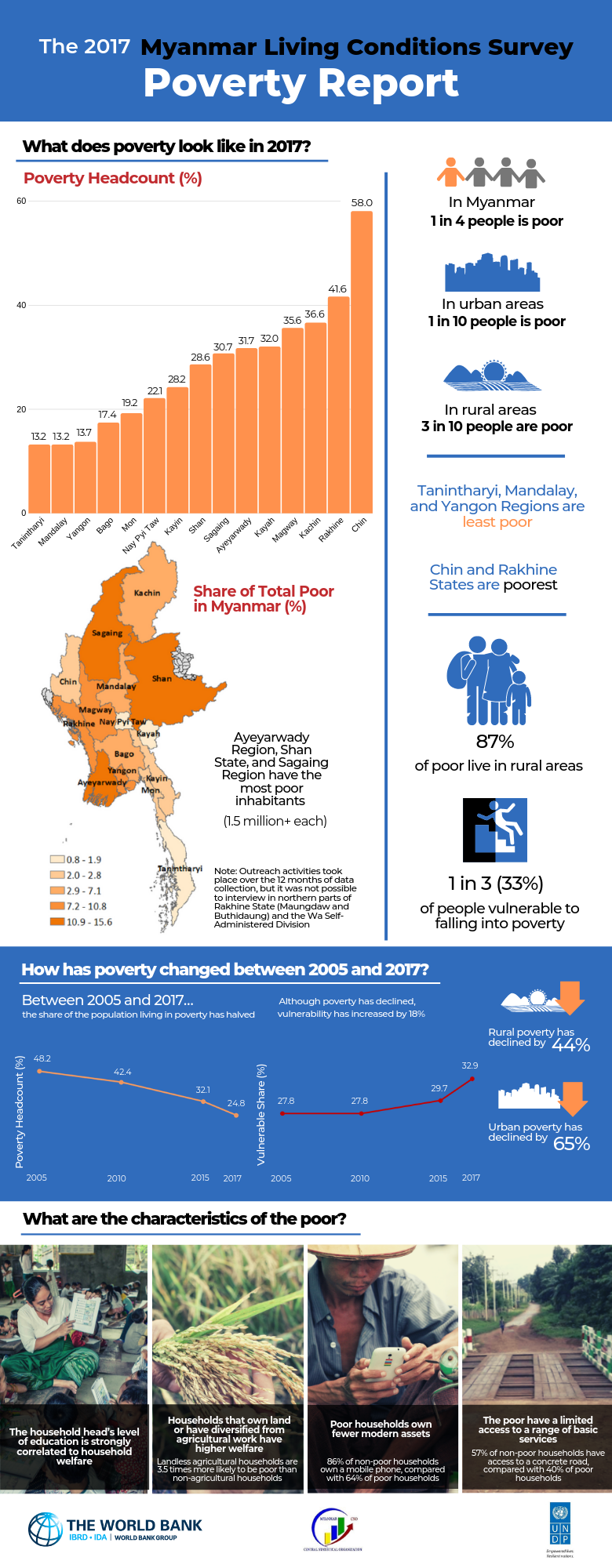2021 Myanmar Coup – All You Need to Know
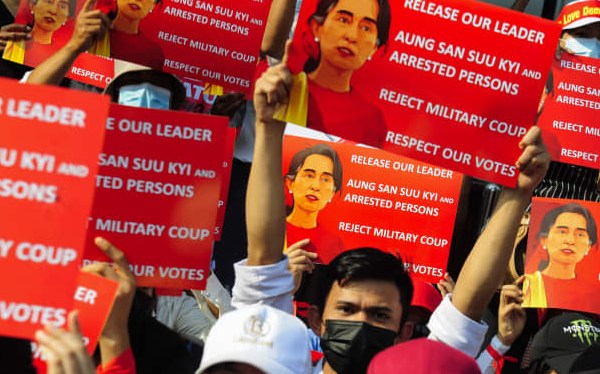
From Current Affairs Notes for UPSC » Editorials & In-depths » This topic
IAS EXPRESS Vs UPSC Prelims 2024: 85+ questions reflected
Almost a decade since the democratic transition, Myanmar came back under the control of the military junta in February 2021. Since independence, this Southeast nation has struggled with military rule, civil strifes and international isolation due to internal instability. The recent coup came after allegations regarding election discrepancies, quashing all hopes of democratic progress in the near future.
What was the Myanmar military’s role in domestic politics over the past decades?
- Myanmar (formerly known as the Union of Burma) began as a representative democracy after gaining independence from British colonialism in 1948.
- However, in 1962, a military coup took place. It was led by General U Ne Win.
- Ne Win had brought in a new constitution in 1974, which was socialist and isolationist in nature.
- This resulted in economic deterioration, widespread corruption, rapid shifts in economic policy related to Myanmar currency and food shortages.
- This overall crisis resulted in the eruption of massive protests and a government crackdown in 1988.
- After the 1988 crackdown, Ne Win resigned.
- In 1989, a new military regime changed the country’s name from the Union of Burma to the Union of Myanmar.
- The argument for this change is that Burma was a vestige of the colonial era favouritism towards the Burman ethnic majority and Myanmar is more inclusive in nature.
- In 2008, a new constitution was put forth by the military. This remains in place even today.
- In 2011, the military junta was suddenly dissolved and a civilian parliament was established.
- The first nationwide multiparty elections were held in 2015. However, the military maintained widespread control over the government.
How did the current coup d’etat take place in Myanmar?
- The military coup took place on February 1 this year, following the arrest of Myanmar’s civilian leaders, internet shut down and suspension of flights.
- The military also took control over critical infrastructure, communication and transport.
- This returns the country to full military rule after the 2011 transition.
- The 2008 constitution, which allows the military to take control during a national emergency, was cited to back this coup.
- A one-year national emergency was declared in the country.
- The Army Chief Senior General Min Aung Hlaing took control of the government after this coup.
Why was the coup carried out?
Senior General Min Aung Hlaing’s retirement:
- Senior General Min Aung Hlaing has been commander-in-chief of the Burmese armed forces, the Tatmadaw, for a decade.
- He was set to retire in July this year.
- Upon retirement, he would face investigations regarding his family business interests.
- He is also facing international pressure for his involvement in the ethnic suppression of minority groups like Rohingya, the Shan and the Kokang.
Recent elections:
- Civilian leader Aung San Suu Kyi’s National League for Democracy (NLD) won the second consecutive landslide victory in the November 2020 elections.
- Tatmadaw alleged voter frauds like duplicated names.
- However, there wasn’t a clear stand on these irregularities’ election impact.
- This is similar to the allegations made by the Union Solidarity and Development Party (USDP), the former ruling party constituted by the military before it officially relinquished power in 2011.
- USDP, seen as a military proxy, was defeated in the recent election.
- Of more than 90 political parties contesting the election, at least 17 of them alleged minor irregularities.
- The United Elections Commission (UEC) of Myanmar, which oversees elections, found no major discrepancy in the recently-held elections.
What is the 2008 constitution’s role in the coup?
- The 2008 constitution provided significant power to the military under civilian rule.
- The military gets an unelected quota of 25% of parliamentary seats and controls the defence, interior and border ministries.
- This is in addition to the seats held by USDP, the military’s proxy political party.
- Any amendment to the constitution requires approval from more than 75% of the parliament members. This effectively provides the military with veto power over any amendment to the constitution.
- The constitution also allows the commander-in-chief the power to take control during extreme circumstances that may cause the nation to disintegrate and lose sovereign power. However, this can happen only during times of emergency, which will be declared only by the civilian president.
Why are frequent ethnic conflicts occurring in Myanmar?
- Housing diverse society, Myanmar recognises more than a hundred ethnic groups.
- Ethnic Burmans, also known as the Bamar, accounts for around two-thirds of the overall population.
- They hold a privileged position in society and occupy a majority of the government and military posts.
- In contrast, ethnic minorities are constantly suppressed through systemic discrimination. They do not have access to government representation, economic opportunities and developmental support.
- Since independence, Myanmar’s laws and political system are marred by discrimination.
- For instance, under the 1982 Citizenship Law, members of ethnic groups that lived in Myanmar before 1823 (when the British started occupying several parts of the country) will be full citizens.
- This excluded hundreds of Myanmar residents and several ethnic minority groups like Rohingya.
- In the 2008 Constitution, only full citizens are entitled to rights like non-discrimination, equal opportunities and freedom of expression
- Those who are not full citizens are not allowed to participate in political processes like voting and government representation.
- The on-going skirmish among different ethnic groups is fuelled by the long-lasting armed conflicts between the Tatmadaw and more than 20 ethnic armed organisations and several other militia groups.
- These conflicts are mostly concentrated in the border areas.
- Thousands are killed in these conflicts.
- Tatmadaw is said to be involved in human rights abuse, like extrajudicial killing, forced labour, rape, torture and use of child soldiers.
- In 2016-17, the Tatmadaw was accused of conducting genocide against Rohingyas.
- In 2019, Gambia filed an international lawsuit against Myanmar at the ICJ for violating the UN Genocide Convention.
- These aspects have led to Myanmar becoming a global centre for illegal drug production and trafficking, especially in conflict-prone areas.
What is the economic situation?
- The military junta-led isolationist policies, economic mismanagement and conflicts have made Myanmar poorer than most of its neighbours.
- The 2011 economic reforms involving the opening up of trade and investments have led to modest economic growth.
- The country’s GDP has grown more than 7% per annum since 2011.
- By 2019, the GDP per capita reached around 1,400 USD.
- The poverty rate fell from 48% in 2005 to 25% in 2017. However, poverty is still high in rural regions, where a majority of the population resides.
- Most of the population in Myanmar relies on the agricultural and industrial sector for livelihood.
- The country has large deposits of minerals, like jade, rubies, natural gas reserves etc.
- With the 2011 reforms, there was an increase in foreign investments and donations from countries like the US, Japan, EU etc.
- Myanmar is currently one of the world’s largest recipients of foreign aid.
- However, the foreign investment inflows fell and the economic growth declined due to the allegations of genocide and lack of further reforms and infrastructure.
- The current global pandemic has resulted in a sharp decline in exports, remittance and tourism.
- The coup has exacerbated the economic situation in the country.
How did the world respond?
- Several world leaders have condemned the coup and called for the immediate release of the detained political leaders and acceptance of the November election results.
- Countries like Canada, Australia, EU members, the US, New Zealand etc., have jointly issued a statement in support of the democratic process in Myanmar. China and India are not among the signatories.
- The US government had imposed sanctions on the leaders involved in the coup. Efforts are also underway to block the Myanmar military’s access to government funds held in the US.
- While the US called for international sanctions, China and Russia blocked the UNSC statement condemning the coup.
- ASEAN members have not condemned the coup like that of the western nations. However, their reactions have been mixed.
- Vietnam, Cambodia and Thailand stated that they would not interfere in the internal affairs of Myanmar. This may be due to the fear of external interference in their own political affairs.
- On the other hand, Indonesia, Malaysia and Singapore openly spoke of their concerns regarding this coup.
- Indonesia is working to ensure collaboration among the ASEAN nations in resolving the political crisis in Myanmar.
What is India’s stand on this issue?
- The Indian government, while emphasising its support for democratic transition in Myanmar, has not condemned the coup openly.
- This deviates from India’s democratic activism in the late 1980s and early 1990s.
- This shows New Delhi’s pragmatic approach towards Myanmar.
- Myanmar is critical for India’s Neighbourhood First Policy, Act East Policy and Indo-Pacific Policy.
- India’s bilateral relations with the southeast Asian nation is based on 6Cs – Commerce, Connectivity, Capacity-building, Civilizational links, Community (diaspora) and China.
- Security cooperation is also a critical aspect of bilateral relations. Myanmar’s cooperation is vital for India to combat insurgency in the northeast.
- Myanmar’s army commander Min Hlaing had openly condemned China’s clandestine support to ethnic rebel Arakan Army operating in the borders of Mizoram.
- With these aspects under consideration, India will continue to provide humanitarian assistance to Myanmar to combat the pandemic regardless of growing international pressure against the coup.
- At the same time, New Delhi would use its access to military leadership to call for the peaceful transfer of power back to the civilian representatives through the back-room channel.
- This enables India to balance its ideological inclinations and national interests with neither being sacrificed.
What can be the way forward?
- Internationally isolating Myanmar through sanctions and condemnation would prove to be detrimental given the security threat caused by Chinese dominance.
- China has already made strategic and economic inroads into Myanmar despite tense bilateral relations.
- Excessive international pressure on the military junta would mean Beijing exploiting the crisis to gain further strategic advantage.
- The nationwide anti-coup protests continue unabated despite death threats from the military junta.
- Outright economic isolation would be counterproductive.
- Therefore, businesses in partnership with military-owned firms can pull out their investments since this coup is a risk to their business interests as well as human rights.
- Several companies like Japanese beer giant Kirin, Hong Kong-listed gaming group Razer etc., are already pulling their investments from military-owned businesses.
- Governments can collaborate and target companies linked to the Myanmar military and implement targeted sanctions against military-owned and controlled companies and their business associates.
Conclusion:
Ensuring international support for democratic transition and targeting only those directly involved in the Myanmar coup is necessary for mitigating the fallout of the crisis in the southeast Asian nation. This apart, the international community can collaborate to ensure credible and inclusive governance in Myanmar to prevent the resurgence of ethnic conflicts and coups.
Practice question for mains:
Critically examine the impact of the recent Myanmar coup on India-Myanmar relations. (250 words)
If you like this post, please share your feedback in the comments section below so that we will upload more posts like this.
